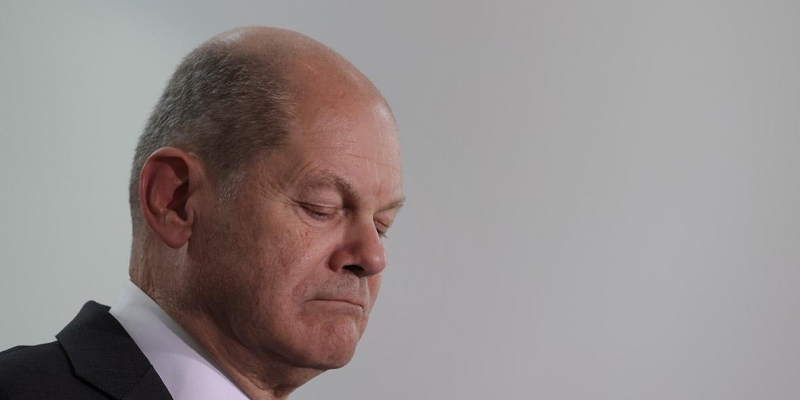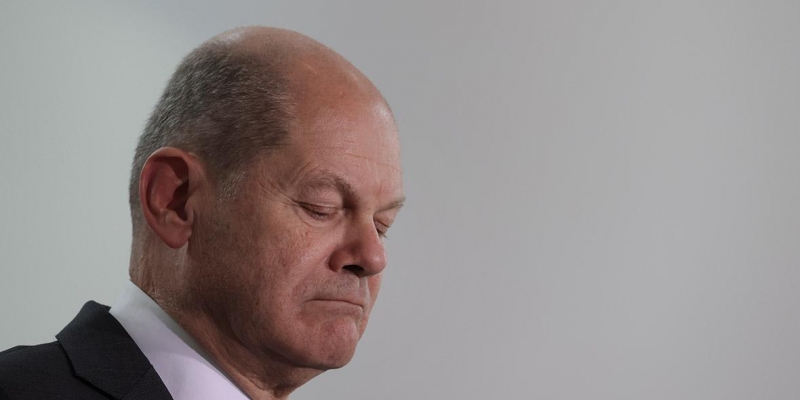ToGerman Chancellor Scholz: up to 30% of Germans do not support sanctions and arms supplies to Ukraine According to Scholz, many in Germany consider the course of the German government to be correct, but different opinions need to be taken into account Olaf Scholz From 20 to 30% of the German population do not support sanctions against Russia and arms supplies to Ukraine, German Chancellor Olaf Scholz said in an interview with Welt. He clarified that this is his personal impression after communicating with the Germans. “My impression from conversations with citizens: from 20 to 30% do not agree with either the policy of sanctions or the supply of weapons. Among them are voters of almost all political persuasions from the CDU/CSU [Christian Democratic Union/The Christian Social Union], the FDP [Free Democratic Party], the Green Party, and also from the SPD [Social Democratic Party]. I argue with the doubters and explain the reasons for our decisions,” he noted. At the same time, according to Scholz, a lot of people in Germany consider the course of the German government to be correct, but different opinions need to be taken into account. “We must not lose sight of this if we want to stick together as a society,” the chancellor added. Scholz announced a significant reduction in taxes and duties in Germany, an increase in employee allowances with a salary of up to 1.2 thousand and an increase to 400 benefits for families with two children. After the start of the Russian special operation in Ukraine, the United States, the EU and their allies imposed several packages of sanctions against Russia. They touched upon the financial sector, energy and a wide range of imports and exports. Brussels’ sanctions did not affect gas supplies to Europe, however, according to the IMF, they decreased by 80% compared to last year. This happened against the background of a complete stop of the Nord Stream, and later an explosion on it and the Nord Stream-2. Against the background of sanctions and a reduction in gas supplies in Europe, the energy crisis and an increase in inflation began. In particular, in Germany, inflation reached a record 7.9% in May. The main reason for this, the German authorities called the rise in energy prices, and there is a rise in the price of other goods, noted in the statistical office of Germany. Authors Person Tags politician, Chancellor of Germany June 14, 1958 What restrictions are imposed by Turkish banks for Russians We understand the mailing list
Olaf Scholz

